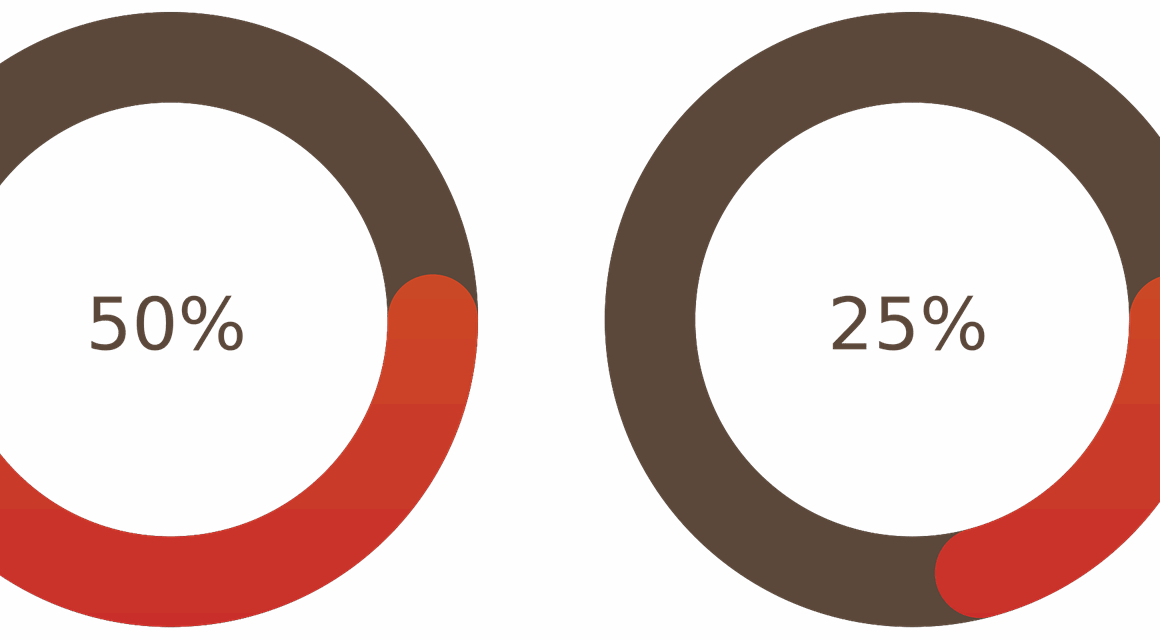Apps That Offer Guided Cardiovascular Workouts for All Levels
Cardiovascular fitness is essential for maintaining overall health and well-being. With the rise of technology, a myriad of apps have been developed to help users track their cardiovascular workouts efficiently. These mobile applications provide tailored workout plans that can accommodate all fitness levels, from beginners to advanced athletes. They allow users to set goals, monitor heart rates, and analyze performance trends over time. Moreover, with easy access to progress tracking, users can stay motivated and accountable for their fitness journey. Many of these apps also offer features such as guided workouts and instructional videos, which can be quite helpful for those new to cardiovascular training. By using these apps, individuals can gain valuable insights into their workout routines and make necessary adjustments to enhance their fitness results. Each app often comes with community features, as well, enabling users to connect with peers, share achievements, and partake in group challenges. This social aspect can be highly motivating and create a sense of belonging among users, thereby fostering a supportive fitness environment.
As you delve deeper into cardiovascular fitness, it is vital to choose an app that meets your specific needs. Some popular apps cater to varying preferences, making it easy to find the right one for you. For instance, MyFitnessPal allows users to log workouts while also tracking their diet, making it a comprehensive fitness app. Strava is perfect for outdoor enthusiasts who enjoy running and cycling, offering robust tracking features and social aspects. Alternatively, participants looking for structured workout routines may prefer apps like Fitbod or Nike Training Club, which provide customizable workout plans. These applications design routines based on individual fitness levels and goals. Additionally, many apps integrate with wearable technology, enabling heart rate monitoring and detailed performance analysis. This ensures a complete understanding of one’s cardiovascular health status. Users can identify areas needing improvement and set new fitness goals effectively. Selecting an app that aligns with your lifestyle and fitness preferences is crucial for long-term success. With the right choice, individuals can significantly enhance their cardiovascular capabilities and overall health.
When it comes to guided cardiovascular workouts, finding an app that offers quality content is essential. Many applications feature expert trainers who design engaging and effective workout sessions. These guided workouts often include audio instructions, ensuring users maintain proper form and technique while exercising. This is particularly beneficial for beginners, as improper technique can lead to injury or burnout. Furthermore, these apps frequently include a variety of workout styles, such as HIIT, steady-state cardio, or circuit training. This variety keeps the workouts fresh and exciting, reducing the likelihood of boredom. In addition, some applications provide personalized workout recommendations based on user feedback and performance metrics, helping individuals stay challenged. Apps like 7-Minute Workout or FitOn are excellent for those short on time but still seeking an effective workout solution. These quick sessions can fit into anyone’s busy schedule and do not compromise on results. As users progress, they can easily increase workout intensity and complexity, ensuring continual improvement in cardiovascular fitness. This adaptability makes guided workouts highly effective for all fitness levels.
Integration with Wearable Devices
Another valuable aspect of modern fitness apps is their ability to integrate with wearable devices. Wearables like smartwatches or fitness bands can significantly enhance the tracking of cardiovascular workouts. They provide real-time heart rate data and performance metrics, allowing users to monitor their exertion levels and adjust their workouts accordingly. Many applications sync seamlessly with these devices, collecting and analyzing data to offer personalized insights. This technology helps users understand their cardiovascular health, set appropriate workout intensity levels, and recover effectively. Integrating wearables not only improves the efficiency of workouts but also encourages users to stay consistent. As they receive instant feedback on their performance, users can stay motivated and make informed decisions about their training regimens. Moreover, many applications offer challenges and badges that can be achieved through connections with wearables, adding an element of gamification. This interactive component can greatly enhance user engagement and enjoyment. As a result, using apps in conjunction with wearable devices creates a more holistic approach to cardiovascular fitness training, making it a suitable choice for all fitness enthusiasts.
Community engagement is another significant advantage of using cardiovascular fitness apps. Many platforms feature forums or social networking functionalities that allow users to connect with others pursuing similar fitness goals. This sense of community can be incredibly motivational, as users can share their progress, seek advice, and encourage one another. Some apps even organize virtual challenges, permitting users to compete against friends or other app users globally. The camaraderie established within these communities can propel users toward reaching their fitness goals. This support system is especially crucial for beginners or those returning to fitness after a long hiatus. Having a network of like-minded individuals enhances accountability and can make workouts more enjoyable. Additionally, many apps promote athletes’ success stories, which can serve as inspiration for others. Users can see that with perseverance and dedication, achieving certain fitness milestones is attainable. Social interaction through these apps helps create a positive environment where support and motivation thrive. Making connections with others on similar fitness journeys can play a pivotal role in sustaining long-term commitment to cardiovascular fitness.
Furthermore, many cardiovascular fitness apps focus on personalization and customizability, making them appealing to a wide range of users. By allowing individuals to tailor their workouts based on specific preferences or goals, these applications become uniquely effective for each user. For instance, users can select workout durations, intensity levels, and preferred styles, ensuring that exercises align with their needs. This adaptability is particularly important for individuals with varying fitness backgrounds or those with physical limitations. One user may thrive with high-intensity interval training, while another may require gentler, low-impact workouts. Apps like Samsung Health and Google Fit offer personalization features that ensure users maintain comfort while pursuing their fitness goals. These applications also adapt over time based on user feedback, continually refining their recommendations to offer increasingly relevant workouts. Personalizing one’s fitness journey fosters a sense of ownership over the process, which can significantly enhance motivation and adherence. Overall, the capability to customize workout plans ensures that everyone can find success in their cardiovascular fitness endeavors.
Setting Goals and Tracking Progress
Beyond guided workouts and community features, many fitness apps excel at offering goal-setting mechanisms. Establishing clear and achievable fitness goals is critical for individual success in developing cardiovascular fitness. Users can utilize these apps to set both short-term and long-term objectives, enabling systematic tracking of personal progress. Often, these applications encourage users to reach milestones, whether it’s completing a certain number of workouts in a month or achieving increased distance or speed. Monitoring such progress can be a strong motivator and helps build a sense of achievement over time. Furthermore, many applications provide analytical tools that evaluate performance against set benchmarks, giving users tangible indications of improvement. This data-driven approach supports informed adjustments to workout routines, making it easier to address any areas needing enhancement. Additionally, users often receive reminders and motivational messages from the apps that help reinforce commitment and motivation. The combination of goal-setting and progress tracking keeps users proactive and engaged, ensuring they remain dedicated to their cardiovascular fitness journey. Ultimately, effective goal-oriented applications can significantly contribute to success.
In conclusion, fitness apps tailored for cardiovascular workouts can transform the way individuals approach their wellness. The variety of available options enables users to find personalized solutions that cater to their specific needs and preferences. Guided workouts, integration with wearables, and community engagement all contribute towards enhancing fitness experiences for users at every level. Additionally, the ability to customize workouts, set goals, and monitor progress ensures a holistic approach to cardiovascular training. As technology advances, these apps will continue to evolve, providing ever more innovative features that support users on their fitness journeys. Whether seeking companionship, expert guidance, or performance tracking, there is an app available to encourage users toward their desired fitness aspirations. Users should explore various applications and select the one that resonates most with their fitness philosophy. With commitment and the right tools, anyone can improve their cardiovascular fitness and overall well-being. As a result, integrating technology into fitness routines becomes not just a trend but a vital part of achieving optimal health.


